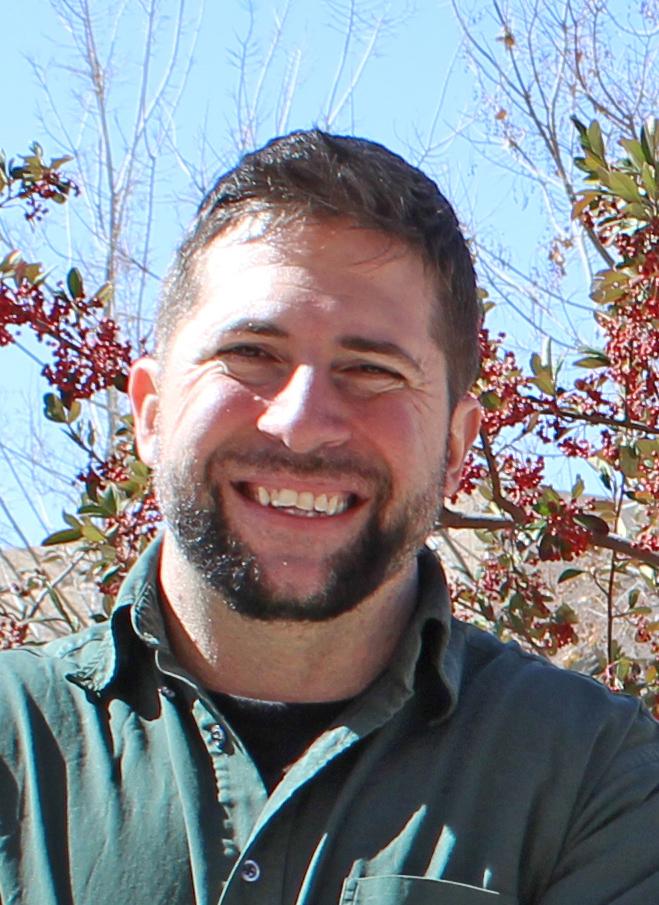
Credit: UNM School of Engineering
A University of New Mexico research team conducted a data analysis that has found that as a larger portion of the population gets vaccinated against COVID-19, it becomes economically advantageous to start relaxing social distancing measures and open businesses.
Francesco Sorrentino, associate professor of mechanical engineering, is lead author of “Data-driven Optimized Control of the COVID-19 Epidemics,” published March 22 in Scientific Reports.
Co-authors of the study are Afroza Shirin of the Department of Mechanical Engineering and the Department of Electrical and Computer Engineering, and Yen Ting Lin, a staff scientist of the Information Science Group in the Computer, Computational and Statistical Sciences Division at Los Alamos National Laboratory.
The study looked at data from four metropolitan statistical areas (MSAs) within the United States: Seattle, New York City, Los Angeles and Houston from January 21 to July 8, 2020. The four cities were chosen because they have had divergent trends with the virus (Seattle and New York City were early hotspots, while Los Angeles and Houston peaked in the summer).
Sorrentino said that while the findings perhaps may seem obvious, they are significant because the model is inferred and parametrized by regional new case reports and could potentially help guide policy decisions as more businesses, schools and other organizations ponder when and how to reopen during the pandemic.
“Our work is quantitative, so it can hopefully offer some evidence that shows the vaccines are going to allow us to loosen social distancing measures, including opening businesses,” he said. “It provides a measure of hope as we go forward and increase the percentage of citizens who are vaccinated.”
He points out that the study was looking at just the numbers, what he calls an “optimization problem,” to determine the economic cost of keeping many businesses closed or at reduced capacity. Sorrentino said the study defined economic impact by the extent that a city’s economy was closed — businesses like restaurants, gyms, salons and airports that would lose business without people’s physical presence. The study took into account both the costs associated with quarantining (which requires supervision costs as well as costs due to lowered productivity) as well as social distancing (which incurs costs only due to productivity).
“We did not look at this mainly from a public health standpoint. We were looking at the economic impact of the pandemic, which we attempted to minimize while in the presence of constraints relevant to the public health domain, such as suppressing the number of infected individuals below a threshold over the course of a few months” he said. “But our model shows that even before we achieve herd immunity, we can relax social distancing compared to the situation prior to immunization.”
Sorrentino said there are several other caveats to the study. For instance, the analysis took place before the virus variants were a factor in the United States, so that variable is not taken into account.
The analysis looked at Seattle, beginning on December 14, 2020, when the vaccine was first being administered. Even with this limited data, the effect of vaccinations was dramatic, impacting the so-called “optimal control solution.” The study computed these optimal solutions under many different conditions.
“While the optimal interventions would vary depending on a number of factors, we always saw that a gradual relaxation of social distancing was possible after roughly 10% of the population got vaccinated,” he said.
After just 20 days, the trend was becoming clear when comparing with the case in which the effects of vaccinations were not incorporated in the model.
“With even just a small percentage of the population being vaccinated, much less social distancing was optimal, so it can be assumed that the effect from increased vaccination efforts will be even more robust,” he said.
Sorrentino emphasizes also that everyone should continue to follow the current policy and health guidelines, and that the relaxing of social distancing should adhere to these guidelines and be gradual. And of course, that guidance may change, based on the rates of spread of the virus and the variants.
Sorrentino has conducted extensive research in the area of control theory and synchronization using mathematical models. Last year, he was awarded the National Institutes of Health Trailblazer Award from the National Institute of Biomedical Imaging and Bioengineering for a research project that could improve the way drugs for diseases are timed and delivered to patients.
###
Media Contact
Kim Delker
[email protected]
Original Source
http://engineering.




